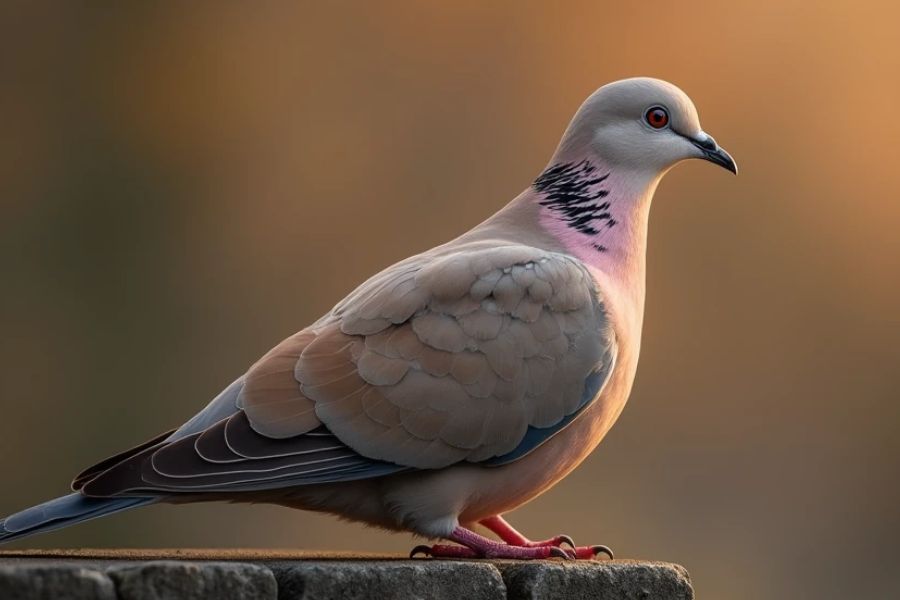The mourning dove is a special bird with deep spiritual meanings. Many people feel comforted and inspired when they see or hear one.
Its gentle presence reminds us of peace, love, and hope, even during hard times. Whether you notice a mourning dove in your life or find one of its feathers, it often feels like a personal message meant just for you.
Let’s explore what these beautiful birds can mean and how they might connect with your spiritual journey.

Symbol of Peace and Comfort
The mourning dove is often seen as a gentle reminder of peace and calm.
Its soft cooing sound can be soothing, offering a sense of tranquility during difficult times. When a mourning dove appears, it may encourage you to slow down, breathe deeply, and find a peaceful moment amid the chaos of life.
In some cases, spotting a mourning dove or finding one of its feathers is considered a spiritual message of divine comfort and reassurance. It reminds us that peace and protection are always within reach, urging us to let go of our worries and trust in a higher plan.
Messenger of Love and Devotion
Mourning doves are closely tied to themes of love and loyalty.
They often mate for life, symbolizing deep connection and lasting devotion. Seeing or hearing a mourning dove might remind you to cherish your relationships and nurture bonds with those who matter most to you.
Their symbolism extends to representing purity and fidelity, encouraging us to prioritize harmony and commitment in our relationships. Encountering a mourning dove could be a gentle nudge to open your heart more fully to those around you.
Sign of Healing and Hope
The mourning dove’s name might bring thoughts of sadness, but spiritually, it’s a symbol of healing.
Its presence can signify that it’s time to let go of grief or pain and begin the journey toward emotional renewal. For many, this bird serves as a gentle nudge to focus on personal growth and self-compassion.
In spiritual traditions, a mourning dove’s appearance is often viewed as a positive omen, signaling that healing is near and emotional clarity is on the horizon. It invites us to embrace new beginnings with grace and optimism.
Bridge Between Worlds
In many cultures, the mourning dove is seen as a messenger between the physical and spiritual realms.
If you notice a mourning dove during a meaningful moment, it could be a sign from a loved one who has passed on, offering comfort and reassurance. This connection helps people feel less alone in their experiences with loss.
Biblically, the mourning dove is often associated with the Holy Spirit, symbolizing divine grace, faith, and hope. Its presence during a reflective moment can serve as a powerful reminder of God’s guidance and eternal love.
Reminder of Simplicity and Gratitude
Mourning doves are often associated with the beauty of simplicity.
They don’t demand much attention but bring a quiet elegance to their surroundings. Encountering one can inspire you to appreciate life’s smaller joys—whether it’s a kind word, a beautiful sunset, or a quiet moment with nature.
The mourning dove as a spirit animal encourages us to embrace a simple, grounded approach to life. It reminds us to practice gratitude and find joy in the present, allowing the small, beautiful details to bring a sense of fulfillment.
Encouragement to Trust Your Intuition
These birds are highly sensitive to their environment, alerting them to danger before it happens.
Spiritually, this trait can encourage you to trust your instincts and listen to your inner voice. If a mourning dove crosses your path, it might be a reminder to stay attuned to your feelings and follow your heart.
As a power animal, the mourning dove amplifies this message, helping you sharpen your intuition and become more receptive to subtle signs and guidance around you. It’s an invitation to align with your inner wisdom and trust your personal journey.
